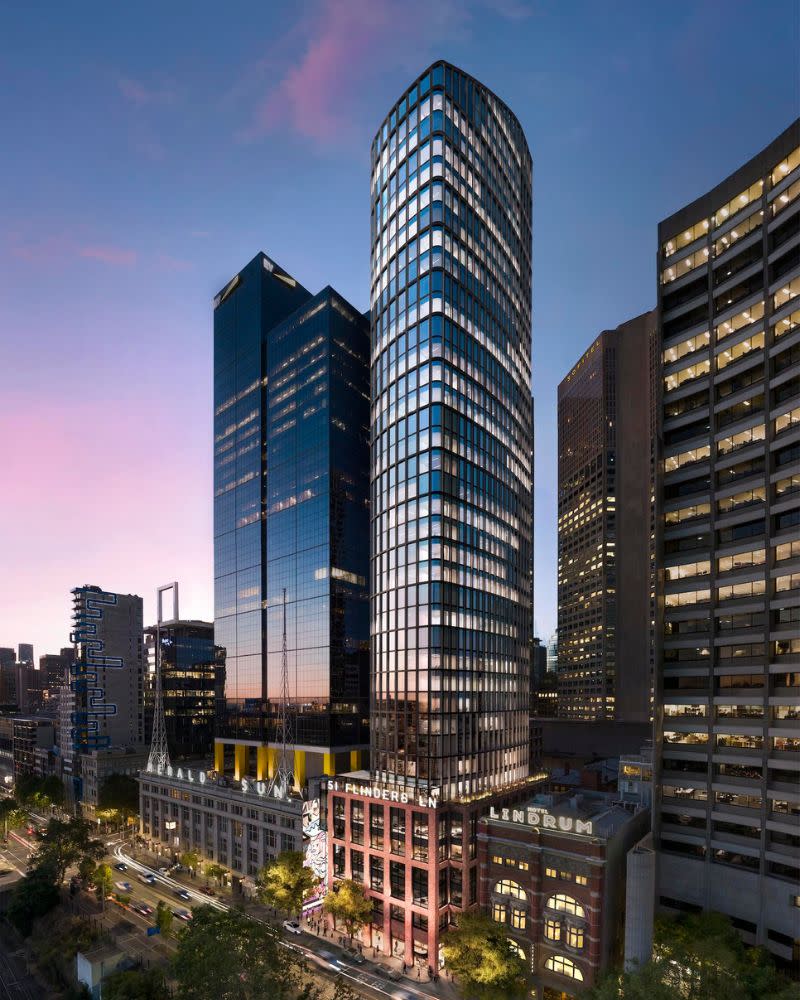Melbourne is home to Australia’s first developed shed to achieve upfront embodied carbon neutral certification.
The GPT Group received the Green Building Council of Australia certification recently and chief executive Bob Johnston said “climate action is needed now”.
“We are addressing all emissions under our control and we are supporting our tenants and supply chain to join us on this journey,” Johnston said.
“We have led the way in dealing with emissions from our corporate and building operations, and now we are pleased to have achieved the delivery of Australia’s first Climate Active upfront embodied carbon neutral certified logistics development at Truganina.”
While sustainability is not easy in the industrial and logistics sector, Johnston said GPT was committed to making change at its 143 Foundation Road development.
The developer collaborated with the Green Building Council of Australia and consultants to measure and offset the emissions from the construction processes, as well as the emissions from the production of the materials that go into the building.
GPT incorporated low emission concrete mixes at the Truganina shed to reduce its embodied carbon footprint.
▲ Construction is under way on GPT's 51 Flinders Street office tower in Melbourne, which will also tackle embodied carbon neutrality.
The residual emissions were then offset through not-for-profit Greenfleet and the restoration of forests in Australia that remove carbon from the atmosphere.
GPT has been working in partnership with Greenfleet since 2018 and recently announced plans for the restoration of 1100ha of native forest in the Noosa Hinterland.
GPT’s 51 Flinders Lane office tower development in Melbourne, which is currently under construction, has been designed to achieve upfront embodied carbon neutrality and Johnston says it will be certified Climate Active upon completion.
GBCA chief executive Davina Rooney said it was an “enormous achievement” to achieve embodied carbon neutral certification for the Melbourne logistics development.
“GPT’s commitment to achieving this carbon neutral certification for future developments is a game-changing moment for Australia,” Rooney said.
“We look forward to working with Climate Active to assess future developments and to see the positive impact this will have on our sector.”
Rooney said sustainable construction practices could deliver between 20 and 40 per cent of emissions reductions, while residual emissions were about 60 per cent, which could be offset.










